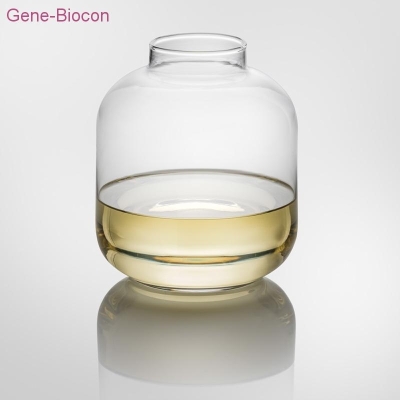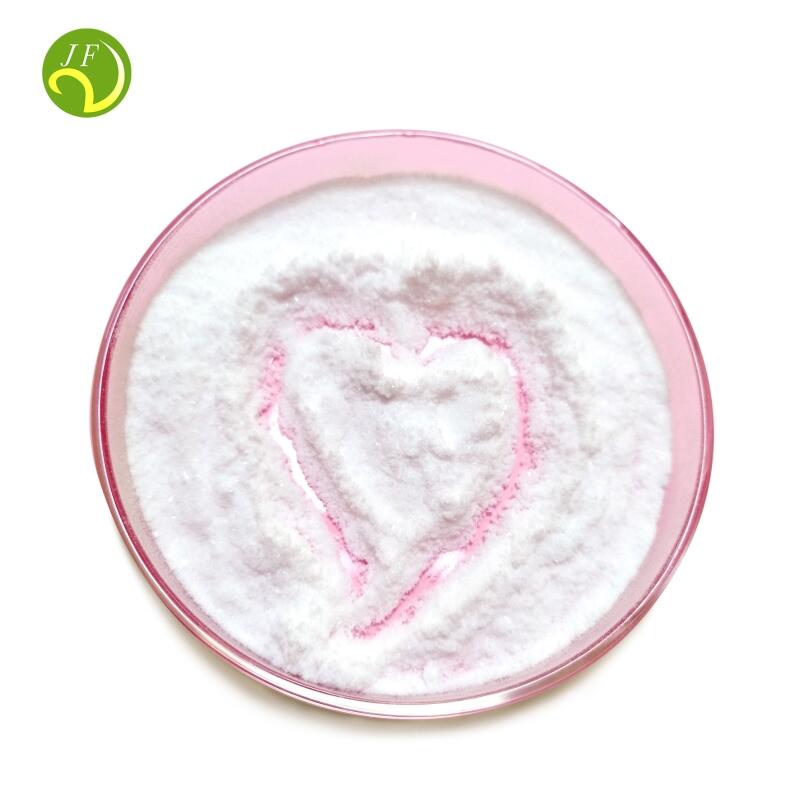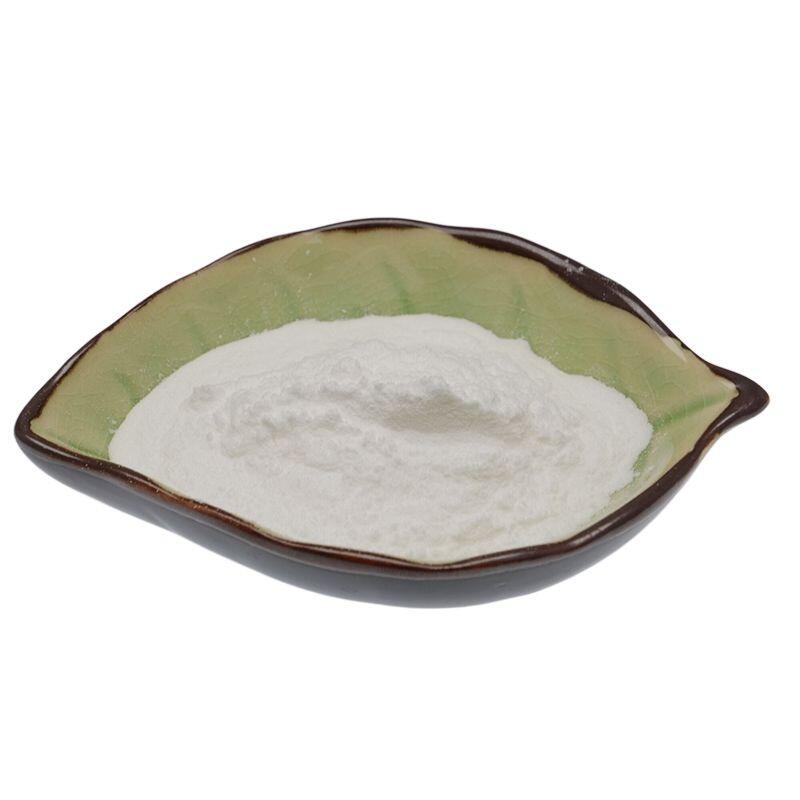-
Categories
-
Pharmaceutical Intermediates
-
Active Pharmaceutical Ingredients
-
Food Additives
- Industrial Coatings
- Agrochemicals
- Dyes and Pigments
- Surfactant
- Flavors and Fragrances
- Chemical Reagents
- Catalyst and Auxiliary
- Natural Products
- Inorganic Chemistry
-
Organic Chemistry
-
Biochemical Engineering
- Analytical Chemistry
-
Cosmetic Ingredient
- Water Treatment Chemical
-
Pharmaceutical Intermediates
Promotion
ECHEMI Mall
Wholesale
Weekly Price
Exhibition
News
-
Trade Service
Spirulina powder is a type of blue-green algae that has been used for centuries as a dietary supplement.
But in recent years, it has also found applications in the chemical industry due to its unique properties.
One of the main applications of spirulina powder in the chemical industry is as a catalyst in various chemical reactions.
Its ability to bind to metals and other pollutants makes it an effective catalyst for breaking down harmful chemicals and pollutants in the environment.
This property also makes it useful in the production of biofuels, as it can help to increase the yield of certain types of biofuels.
Another application of spirulina powder in the chemical industry is in the production of various chemicals and materials.
For example, it can be used to produce biodegradable plastics, which are more environmentally friendly than traditional plastics.
It can also be used to produce natural dyes, fragrances, and other ingredients for personal care products.
In addition to its applications as a catalyst and chemical ingredient, spirulina powder is also used in the production of certain types of medicines and vaccines.
Its ability to stimulate the immune system makes it a useful ingredient in vaccines, and it has also been shown to have antiviral and antioxidant properties.
It is also being studied for its potential to treat certain types of cancer and other diseases.
The use of spirulina powder in the chemical industry is still in its early stages, but it has shown great potential in the production of various chemicals and materials, as well as in environmental remediation and healthcare.
As more research is conducted on its properties and applications, it is likely that spirulina powder will become an increasingly important ingredient in the chemical industry.







